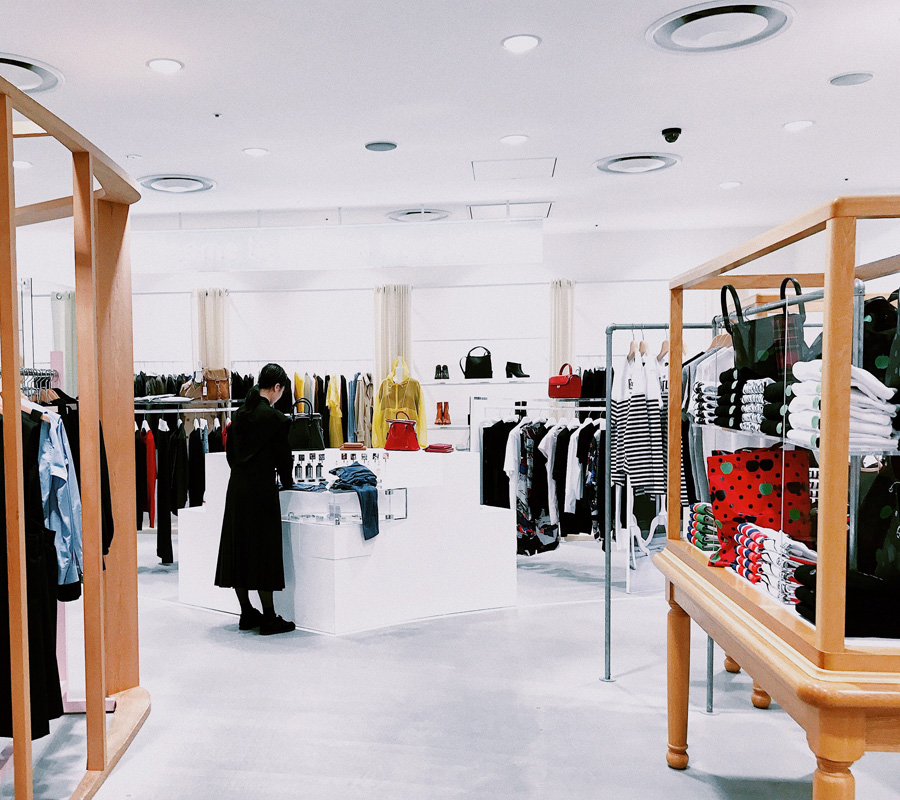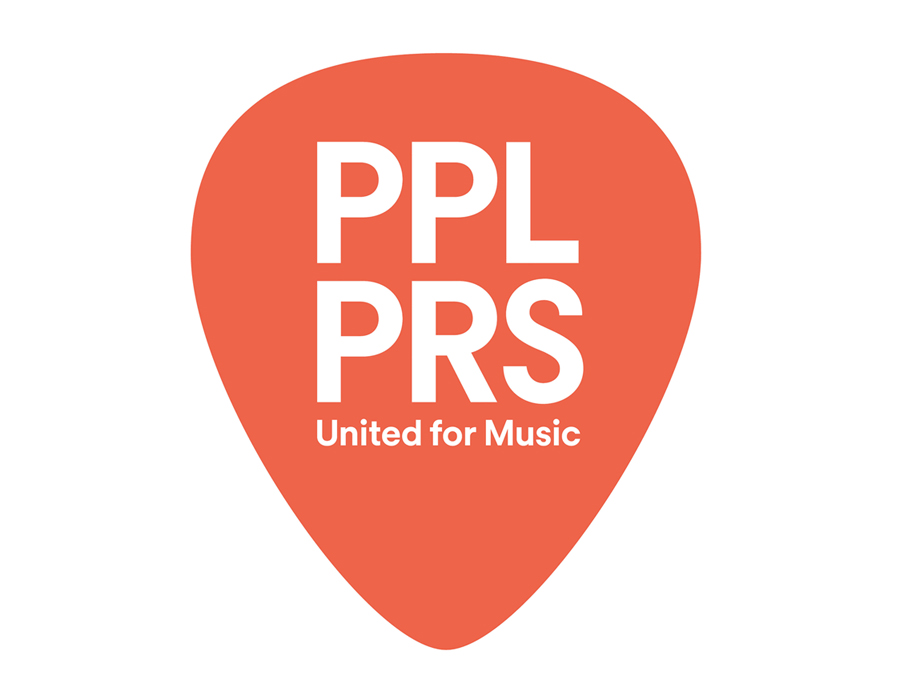Background Music Systems
Background music (BGM) makes for happier workplaces, creates mood and atmosphere, is used extensively across all industry sectors, especially within retail and hospitality settings.
Home / Audio Applications / Background Music Systems
What is a background music system?
A background music system is an audio application that is purposely designed and installed to create mood and atmosphere within workspaces and public venues. From factories and warehouses to bars, hotels and restaurants, all commercial and industrial sectors employ background music systems.
In its basic form, a background music system application (also termed BGM) consists of a music or radio source (BGR), an audio processor / amplifier and loud speakers for local playout. Although audio system installations employ multiple audio applications. For example, a factory or sporting venue audio system is likely to include scheduled audio messaging and demand based tannoy applications along side BGM.

Why use a background music system?
Background music can be surprisingly influential and powerful. For example, a number of studies and research has found that music can affect the concept of time – how quickly time may have passed in the workplace or perhaps when ‘waiting’ in a queue. BGM improves restaurant dining experiences as well as increased spending in retail settings. For many public facing businesses, BGM also improves interaction with sales staff. Whilst for those non-public facing businesses, such as factories and warehouses, BGM and background radio (BGR) lifts mood as well as to improve productivity and staff retention.
Project example: Large warehouse BGM application. In the 12 months following installation, our customer reported improved employee satisfaction and measurable productivity increases of between 2.5% and 3.5%.
'Must' have background music venues...
Investing in a background music system for many businesses will be optional, balancing installation and running costs against some of those staff and productivity improvements we have discussed.
However, for some business types and industry sectors, background music is a not a consideration – BGM is a necessity to align with customer expectation within such venues. These types of businesses also use BGM as part of their marketing strategy to enforce and connect brand awareness and identity.
- Pubs & Clubs
- Retail & Clothing
- Sporting venues
- Restaurants & Hotels
- Gyms & Leisure
Background Music Licencing
It is important for businesses and commercial organisations to understand their responsibilities and obligations to music broadcast & performance against copyright and the Designs and Patents Act 1988. The act covers a range of topics, detailing required permissions from the copyright holders when implementing music playout or performance (including background music within most commercial premises).
In short, to comply with the Designs and Patents Act 1988, to playout or perform music, most commercial businesses will require permission, in the form of a licence, from those that create, record and publish music (the act does not cover homes and domestic settings).
Note: You may be infringing copyright if you play live or recorded music without a licence. You could be sued for damages!

PPL & PRS (the music licence)
The PPL & PRS for Music are separate organisations responsible for licensing different sets of rights in the use of music. Together, they act as music collecting societies. PPL collects and distributes money on behalf of artists, performers and record companies for the use of their recorded music. PRS collects and distributes money on behalf of songwriters, composers and music publishers, for the use of their musical compositions and lyrics.
PPL (Phonographic Performance Limited)
The PPL provides licencing for recorded music and playout through TV, Radio, online and other media. PPL’s members range from session musicians and emerging artists to major record labels and globally successful performers – all should be fairly paid for the use of their recorded music.
PRS (Performing Rights Society)
The PRS provides licencing for songwriters, composers and music publishers. Members works through performances, broadcasts, streaming, downloads, reproduced, played in public or used in film and TV attract royalties.
Royalty Free Music
‘Can I use royalty free music and avoid paying the licence fee?’
This is a common question that unfortunately doesn’t come with a clear or straightforward answer. Royalty free music does exist, however, nearly all royalty free music requires some form of attribution (eg. a statement within a video game or YouTube video) – clearly not possible to provide with background music.
Successful background music relies on careful consideration and choice of music playout (to create the right mood, ambiance for the business setting). It is therefore important to compile selective music tracks and playlists with a decent quantity and in many cases, recognisable content. To ensure 100% compliance, this would be a tough task to achieve with truly copyright free, royalty free, non attributed music and would likely require regular and time consuming management to maintain and update. In this respect, we believe royalty free music to be best suited to using one or a small number of music tracks for use in a product display, demonstration, presentation or trade show.
discuss your BGm project
Put audio to work!
Get in touch to discuss your commercial audio project. General enquiry or detailed project specification, we are here to advise, help and provide support.

